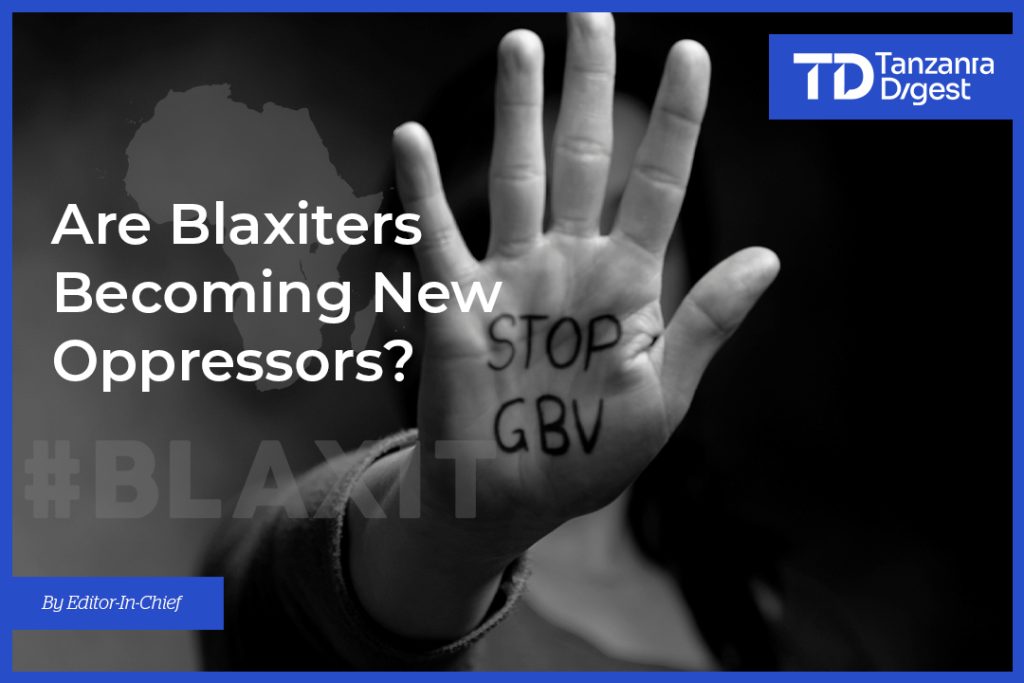In recent years, the term Blaxit – Black Exit – has come to define a growing movement among African Americans to leave the United States and settle abroad, especially in African nations. Fueled by a desire to escape systemic racism, police brutality, and the emotional exhaustion of being Black in America, many have found in countries like Ghana, Tanzania, or Kenya a longed-for peace, dignity, and sense of belonging. But as more African Americans resettle overseas, an uncomfortable question has emerged: Can the oppressed become oppressors in new lands?
For many, the answer is no. African Americans come seeking healing, reconnection, and the chance to build a life grounded in values of community and cultural respect. But for others, the privilege of the U.S. passport – combined with economic leverage, American entitlement, and social media-fuelled narcissism – manifests in behavior that looks disturbingly familiar: cultural disrespect, legal defiance, gentrification, and even violence. In short, behaviors historically associated with settler colonialism.
This contradiction exposes a painful truth: escaping oppression does not automatically absolve one of perpetuating harm.
In places like Zanzibar, some African American expats have been accused of not just cultural insensitivity, but direct violence against locals, overstaying visas, starting exploitative businesses, or creating insular communities that treat host countries as playgrounds, not sovereign nations.
A harrowing example is a premeditated attack that occurred in Jambiani, Zanzibar where 3 African American women attacked a local Tanzanian woman at her hotel. The group of women, namely Ashley- Marie Weston, the owner of The Box by Ashley- Maybe in Shangani Zanzibar; Danielle Childs and Crystal Rivera, followed the local Tanzanian woman, CB Harris, back to her hotel, La Paradis Hotel from Shangani Restaurant. At the hotel, Ashley attacked the local Tanzanian woman, punching her head continuously and threatening to kill her while the other two women cheered her on. The attack left the woman with wounds to her head, nose, eyes and ears.
The attack was met with silence or deflection by the growing African American community in Zanzibar. Some called the Tanzanian woman’s husband to threaten him into not reporting the matter while others called him to consider settling it out of court to spare Ashley’s business. Many stayed silent. Because the victim’s husband, also an African American, did not succumb to their threats and demands to protect a ‘black woman,’ he was kicked out of the Expat in Zanzibar community.
The collective unwillingness to confront these behaviors, or worse, to suppress accountability, mirrors the moral rot at the heart of colonial projects everywhere: the belief that the rules don’t apply to “us.”
This doesn’t mean that all or even most Blaxiters are guilty of such acts. But silence in the face of abuse – especially when it’s committed by those who should know better – is complicity. If the African American community in Zanzibar is to build meaningful, respectful connections with the continent, it must begin with humility, accountability, and the rejection of American exceptionalism in all its forms.
The tragedy is not just that a movement rooted in liberation can become a vehicle for domination. It’s that the very people who fled America for peace and belonging might become agents of harm elsewhere, often under the illusion that their pain justifies their behavior.
African Americans are not monoliths. Our reasons for leaving vary – from the pursuit of ancestral reconnection, to entrepreneurial ambition, to simply wanting a life less burdened by racism. But wherever we go, we bring ourselves. And with that comes the responsibility to unlearn not only our trauma, but the cultural arrogance we may have unknowingly absorbed.
Blaxit was never meant to be a conquest. For it to remain a movement of liberation, it must first reckon with its shadows.


Thanks for this; I was not aware of this conduct from this group. As stated in the article, those who keep silent in the face of such abominable conduct are guilty of complicity; so I hope to see firm action taken against the perpetrators.